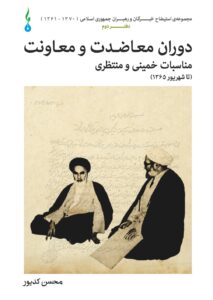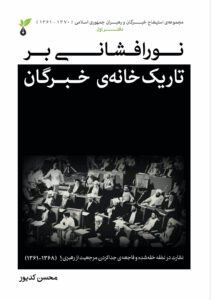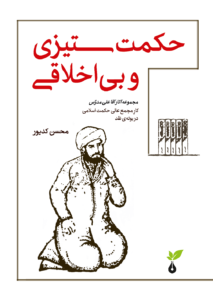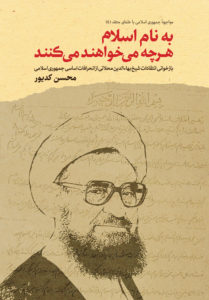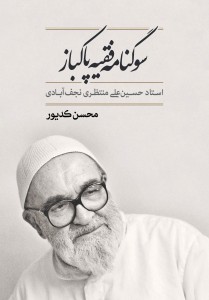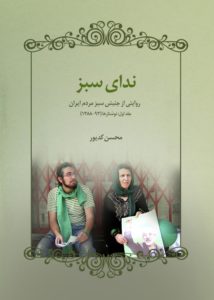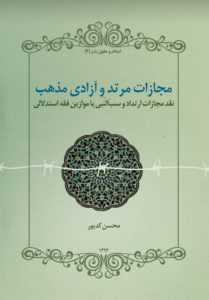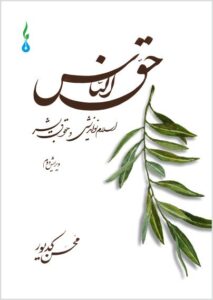
The Rights of Mankind: Human Rights and Reformist Islam
Anything that we call Islamic today must be reasonable, just, moral, and more functional according to the conventions of the present time. The main problem of traditional Islam is that it is living in the 21st century while breathing in the atmosphere of several centuries ago. It is possible to have a reading of the Qur’an and the Tradition of the Prophet and a methodology in ijtihad and jurisprudence that is consistent with the criteria of human rights. A critical and detailed introduction has been added to the new edition.


